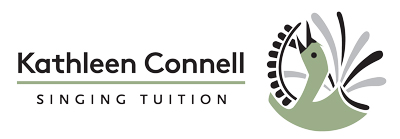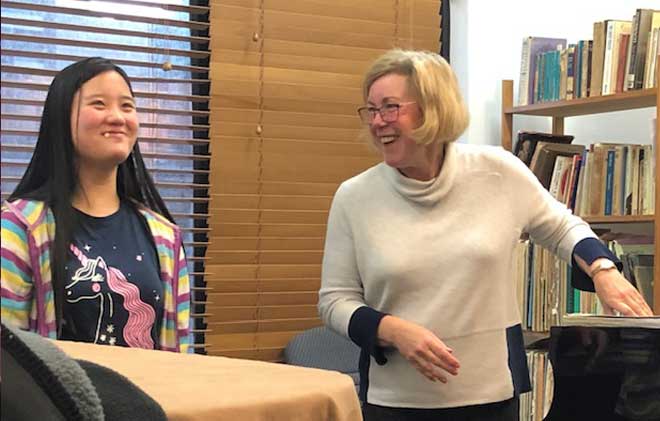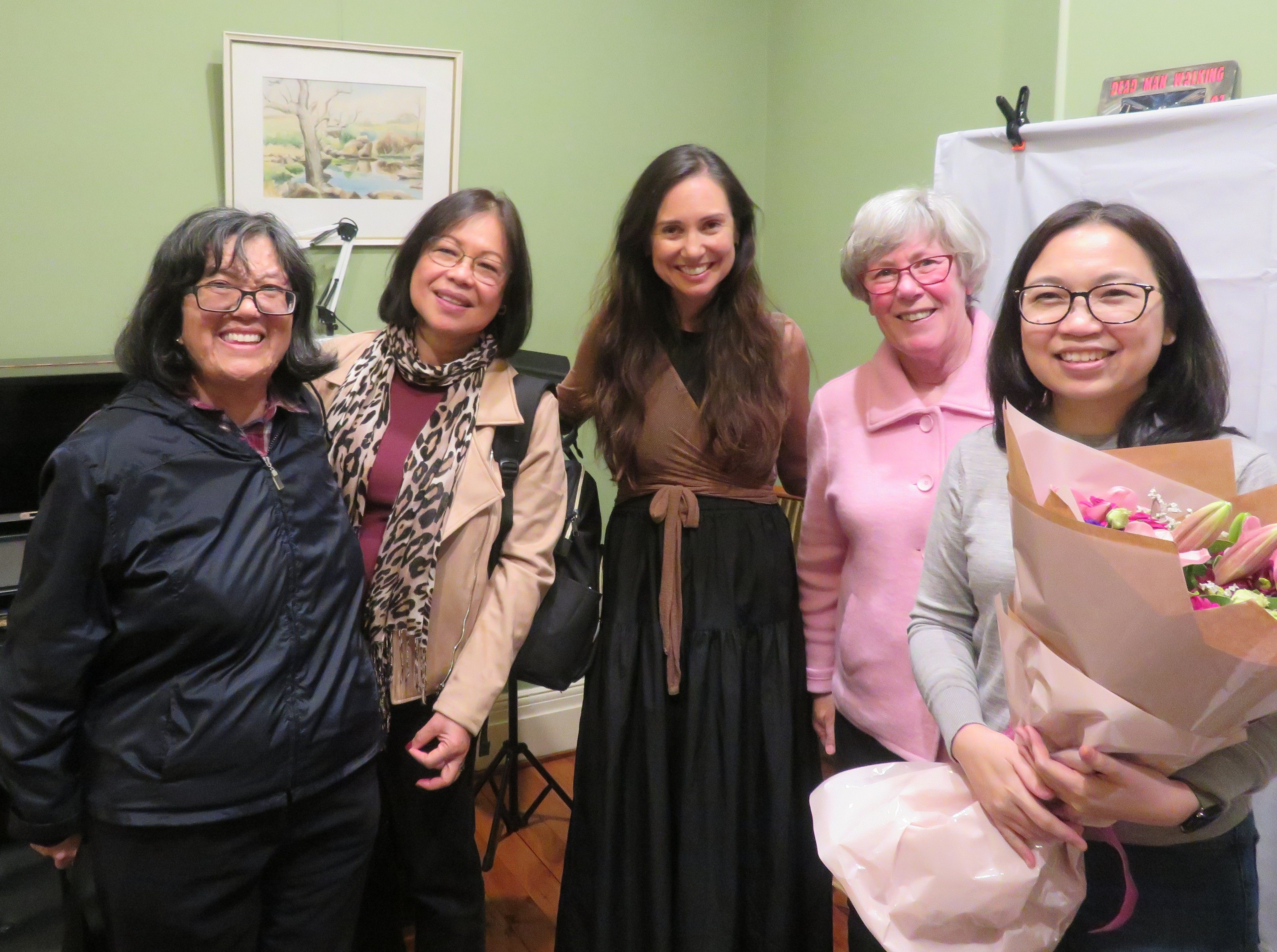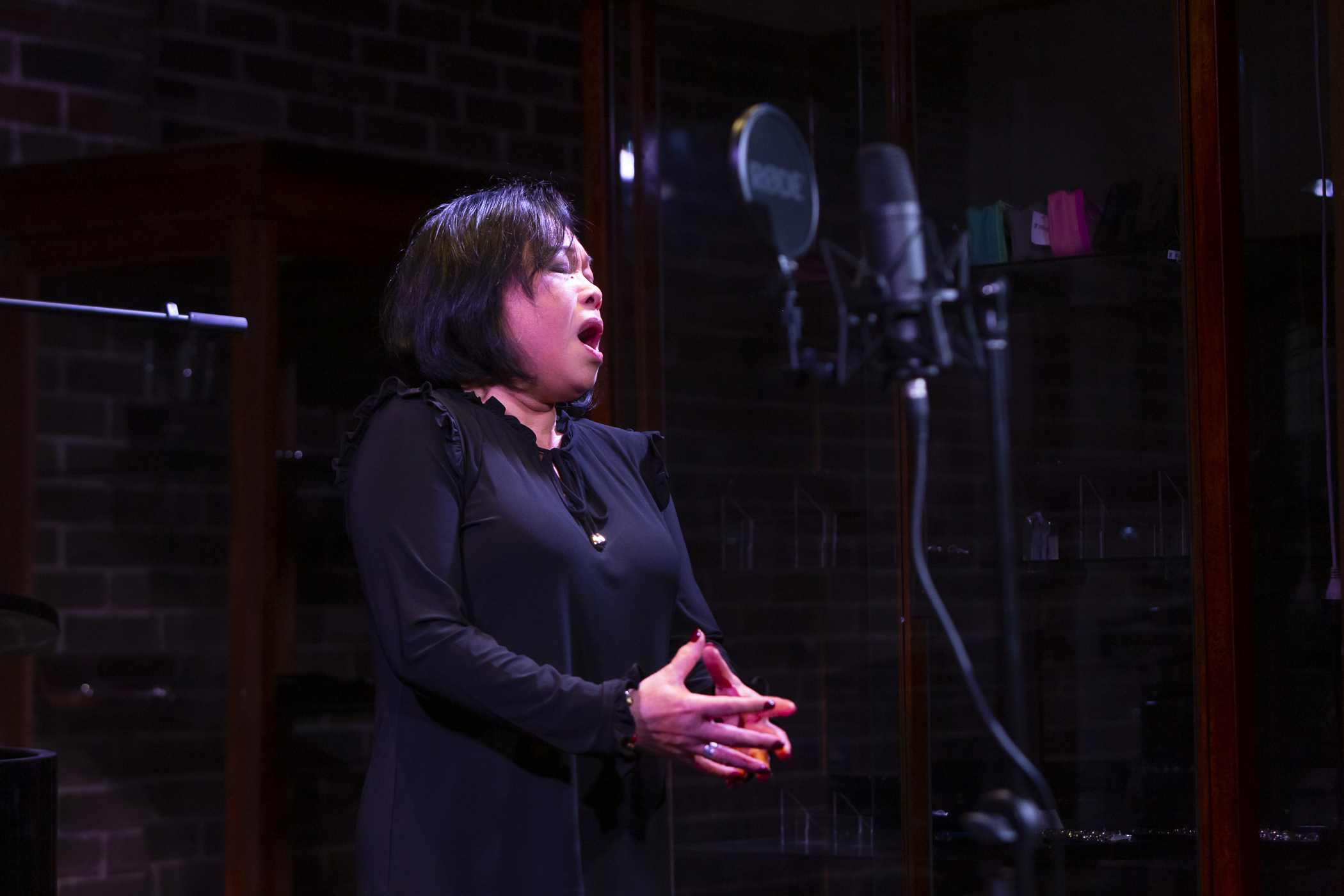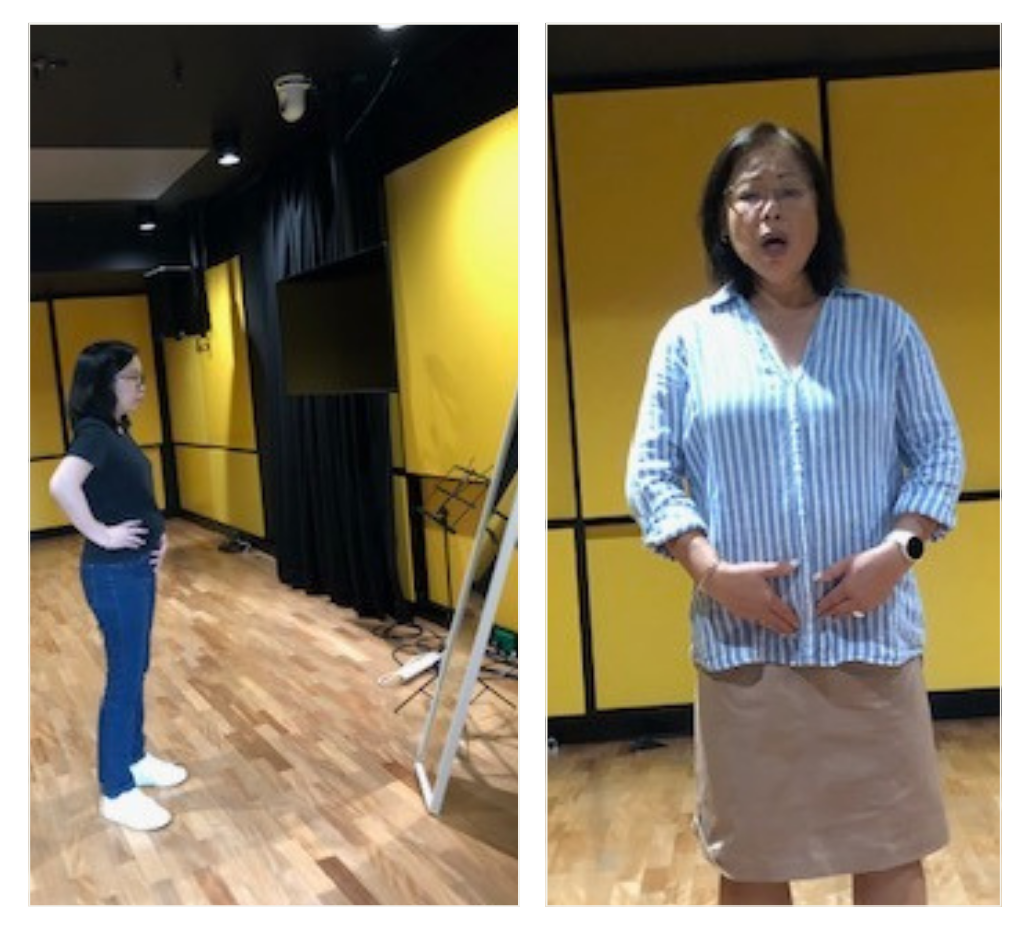Thinking Of Doing Singing For The HSC? What You Need To Know
For high school students heading into Year 11 or 12 this year, studying HSC Music 1 or 2 may be on the cards.
It’s certainly more creative than Maths or Science, with a more flexible, nuanced approach to what’s expected of you and marking, than those ‘absolute’ subjects. Even more so if you choose to study singing for your HSC, as you are your instrument and your technique becomes a more personal and physical consideration.
That said, HSC examiners are still looking for specific criteria and this guide can help you make the right decisions so you get the best marks possible.
Why choose singing for the HSC?
Studying music in high school, and singing especially, is a fun, fulfilling way to express yourself and your creativity. There’s also evidence it helps you do better in the more core subjects of Maths, Science and English. How? As we covered in a recent blog post, learning music helps develop your listening and language skills, the discipline of practice, eye-hand-mind coordination (when reading music and playing an instrument) and team skills if you perform in an ensemble. Together with improving your memory and planning abilities, all these skills can be transferred to your other studies, leading to better overall academic results.
Keep it up consistently and you can accelerate your brain development to adult levels, which helps you develop positive decision-making skills throughout life.
Choosing the right singing teacher
As well as working with your school’s music teacher, you’ll have the best chance for success when you work with a singing teacher experienced in the HSC curriculum.
One of my students, Jemima Brooker performed two solo piano pieces and one song for her HSC. Initially planning to only perform three piano pieces, she wanted to challenge herself by singing. Together, we worked on the song ‘Once Upon a Dream’ from the musical, Jekyll and Hyde. While it is a highly expressive and lyrical piece, it wasn’t too technically daunting for Jemima, who had never sung for an audience before.
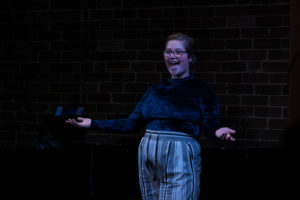 “Kathleen gave me the confidence to express myself, and taught me the finer details in singing and vocal work,” Jemima says. “The warm ups, exercises and awareness of breathing and physicality while singing helped me expand my abilities as a vocalist. Having someone direct me on song choice and take me through the music was also great for my confidence.”
“Kathleen gave me the confidence to express myself, and taught me the finer details in singing and vocal work,” Jemima says. “The warm ups, exercises and awareness of breathing and physicality while singing helped me expand my abilities as a vocalist. Having someone direct me on song choice and take me through the music was also great for my confidence.”
As a result of our work, Jemima said she lost much of her anxiety and stage fright, relaxing enough to enjoy performing – which was the most important part for her.
“My accompanist was my piano teacher and one of my closest friends in music, so the performance was really just me enjoying myself singing in a large room, with a microphone and a piano. It was like the examiners weren’t even there,” Jemima recalls.
Which repertoire is best for you?
our song choice needs to represent the topic you choose in music class, and ideally be something you actually enjoy. An experienced vocal coach will guide you on repertoire that suits your voice and level of experience. Then it’s up to you to commit to regular practice and memorising the song – you won’t perform well with sheet music in front of you!
What’s expected of you in the exam?
Only an experienced HSC singing teacher knows what examiners are looking for in both Music 1 and Music 2, whether you are performing a classical work or something contemporary.
During a performance, examiners mark students on a broad number of points, including:
Self-expression and communication: A ‘wooden’ performance, showing little sense of the song’s story would be marked poorly, while a sophisticated rendition, showing personal investment in the story and knowledge of the musical intent would be marked above average or outstanding. Posture and body alignment matter when expressing and communicating.
Musical skills: You need to demonstrate you understand the composer’s musical requirements for giving expression, phrasing and natural flow to the musical story.
Technical fluency: You need to show breath control, demonstrating you can phrase the song well and not sound as if you are struggling. This includes slides in popular songs, vibrato in classical, crescendo and decrescendo, metre changes and tempos, and diction, such as vowel shaping and consonant clarity.
Interpretation: An experienced singing teacher can help you sing your chosen songs in a style representing the genre’s specific era. For instance, a Baroque work needs a style vastly different to a 1960s folk song.
Communication with audience: Examiners are looking for a singer’s ability to communicate their songs and relate to an audience. You need to finesse your hand gestures, facial expressions and understanding of how a story might be told, emphasising important words.
Getting your performance technique right
As well as working on your vocal technique, your singing teacher will coach you to achieve your best performance. The key here is practice, and performing for all types of audiences, to build your confidence, storytelling through song, and communication, while you have an audience watching you. This is not something you leave for the last minute! It takes time to work through your nerves and learn to adapt to things beyond your control, like a restless audience, while you keep singing.
Kathleen Connell has years of experience as an HSC singing coach. If you’re planning to do Music 1 or 2 for the HSC, singing tuition with Kathleen can help you achieve top marks. Book an introductory lesson and learn about Kathleen’s approach for success. Get in touch.
